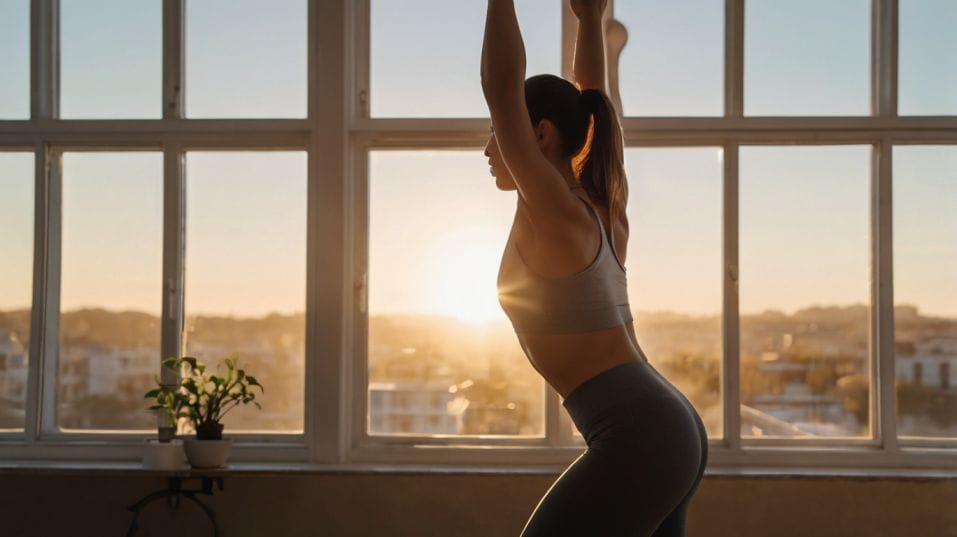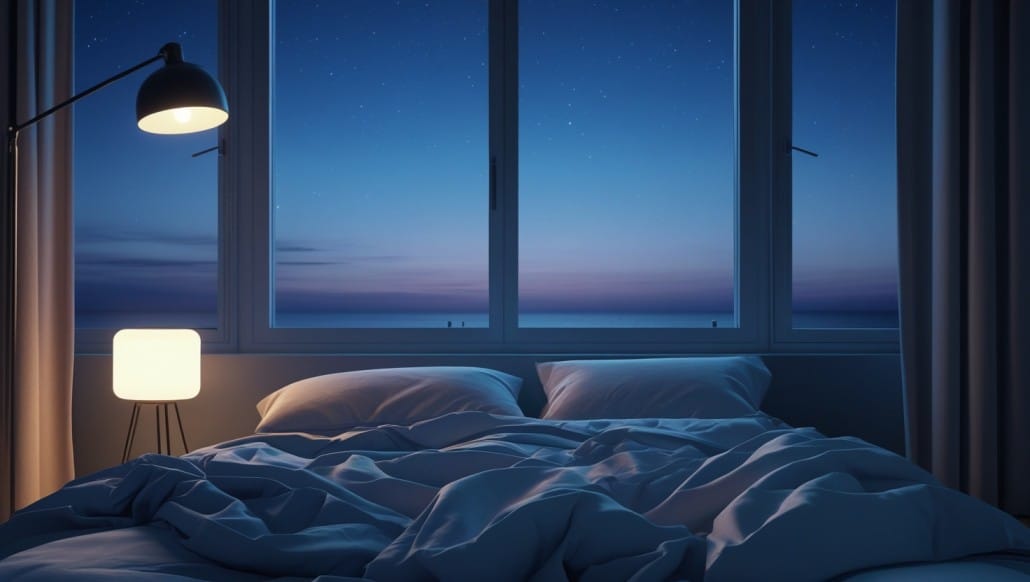How Better Sleep Supports Daily Energy and Focus
Unlock sharper focus, faster recovery, and real energy with simple, science-backed sleep upgrades. No overwhelm—just results you’ll feel fast.

What if a few simple sleep tweaks could unlock energy you forgot you had? You don’t need a full lifestyle overhaul to start thinking sharper, moving quicker, and feeling better every day.
Just smart, science-backed habits you can actually stick to. Sleep isn’t a passive thing you “should get more of”—it’s your brain and body’s nightly reset button. And with the right moves, you can start flipping that switch tonight.
Why Sleep Is the Real Secret Weapon for Energy and Focus
Forget willpower. Forget motivation hacks. Without quality sleep, your brain and body can’t fire on all cylinders, no matter how much coffee you pour down your throat.
When you sleep, your brain runs a full-body systems check. It clears out metabolic waste, resets neurotransmitters, balances hormone levels, and strengthens the neural pathways you need for clear thinking and fast decision-making.
No sleep, no reset. Instead, you’re running yesterday’s junk software today. Deep sleep is where most of the heavy lifting happens. Growth hormone surges, fueling cell repair and physical recovery.
Meanwhile, your immune system gears up, your stress response resets, and your energy tanks refill. Miss it, and you’ll feel it—not just in yawns, but in sluggish thinking, slower reflexes, and wild mood swings.
REM sleep isn’t about dreaming; it’s about precision. During REM, your brain processes emotions, locks in memory, and strengthens creative and strategic thinking.
It’s where focus is built. Skipping REM is like trying to drive cross-country without a map—sure, you’ll move, but expect a lot of wrong turns.
Bottom line: sleep isn’t a luxury. It’s the foundation of sharp focus, sustained energy, and real performance.

How Your Daily Choices Set the Stage for Better Sleep
Better nights start long before you climb into bed. Your body is wired to follow rhythms—natural cues that tell it when to ramp up and when to slow down.
Miss those cues, and sleep gets messy. Hit them right, and better energy becomes automatic.
Light: Your Brain's Main Switch
Your body takes light as gospel. Bright morning light tells your brain it’s time to be alert and active. Darkness cues melatonin production and signals shutdown mode.
That’s why staring into a screen at 11 p.m. wrecks your next day. Your brain thinks it’s still daytime. Melatonin stays suppressed. Sleep onset drags. Recovery tanks.
Fix it: After sunset, switch to dimmer, warmer lighting. Kill overhead lights if you can. Use floor lamps, salt lamps, or candlelight to create a sleep-friendly environment.
If you must use screens late (and let’s be real, you probably will), throw on some blue-light blockers or use your device’s night mode.
And don’t underestimate mornings—getting 5–10 minutes of real sunlight within an hour of waking up locks your internal clock in place. It makes getting sleepy at night way easier, and your focus stays tight all day long.
Temperature: Cool to Crash
Your core temperature naturally drops when you’re heading into deep sleep. Fighting that signal—by overheating your room or layering yourself in heavy blankets—keeps your brain alert when it should be shutting down.
Ideal sleeping temps hover around 65°F (18°C), but even dipping a few degrees below your daytime setting makes a difference.
Use lighter bedding. Crack a window if you can. Cooling your body sends a clear "time to recover" message that deepens sleep quality fast.
Movement and Fuel
You don’t need to become a workout freak, but moving your body daily—even just a brisk walk—primes your system for better sleep.
Exercise raises your core temp temporarily, but when it drops post-workout, it triggers sleepiness. Plus, regular movement improves sleep depth, meaning you get more of that energy-refueling deep sleep.
Food timing matters, too. Heavy meals close to bedtime force your body to prioritize digestion over sleep quality.
Keep it light at night—if you’re hungry, think high-protein snacks like Greek yogurt or a handful of nuts instead of heavy carbs or sugar bombs.
The Daily Payoff: How Better Sleep Feels (and Works) in Real Life
Dial in your sleep, and the difference hits like flipping on high beams in a foggy world.
You’ll find your brain switches between tasks faster without the mental lag. Morning grogginess fades into real readiness—you don’t just wake up; you launch. Afternoon crashes become rare.
Even complex work feels more intuitive because your cognitive flexibility (your brain’s ability to shift gears without stalling) improves.
Physical recovery steps up, too. Muscle soreness drops. Workout gains lock in faster. Even inflammation—your body’s hidden energy thief—drops off when you’re stacking full sleep cycles regularly.
You’ll also notice a bigger reserve of patience and emotional resilience. That’s because sleep isn’t just about mental alertness—it’s how you regulate emotions, resist impulsive decisions, and keep your cool when stress levels spike.
And the craziest part? You don’t have to sleep “perfectly” to win. Even improving one or two elements—say, getting bright morning light and keeping your bedroom cool—can unlock massive improvements in how you think, move, and feel every day.
Final Thoughts: Build Sleep Habits That Build a Better You
Real energy isn’t luck. Laser focus isn’t magic. Both are built—night after night, morning after morning—through smarter sleep habits that align with your biology.
Start simple. Dim the lights. Cool your space. Get morning sunlight. Move your body during the day. Keep your evenings low-key. You don’t need a perfect routine—you just need a consistent one.
Better sleep doesn’t just help you “feel better.” It multiplies what you’re capable of. Start tonight. Claim the energy, focus, and recovery you’ve been leaving on the table. Your best days are waiting—and now, so are you.




